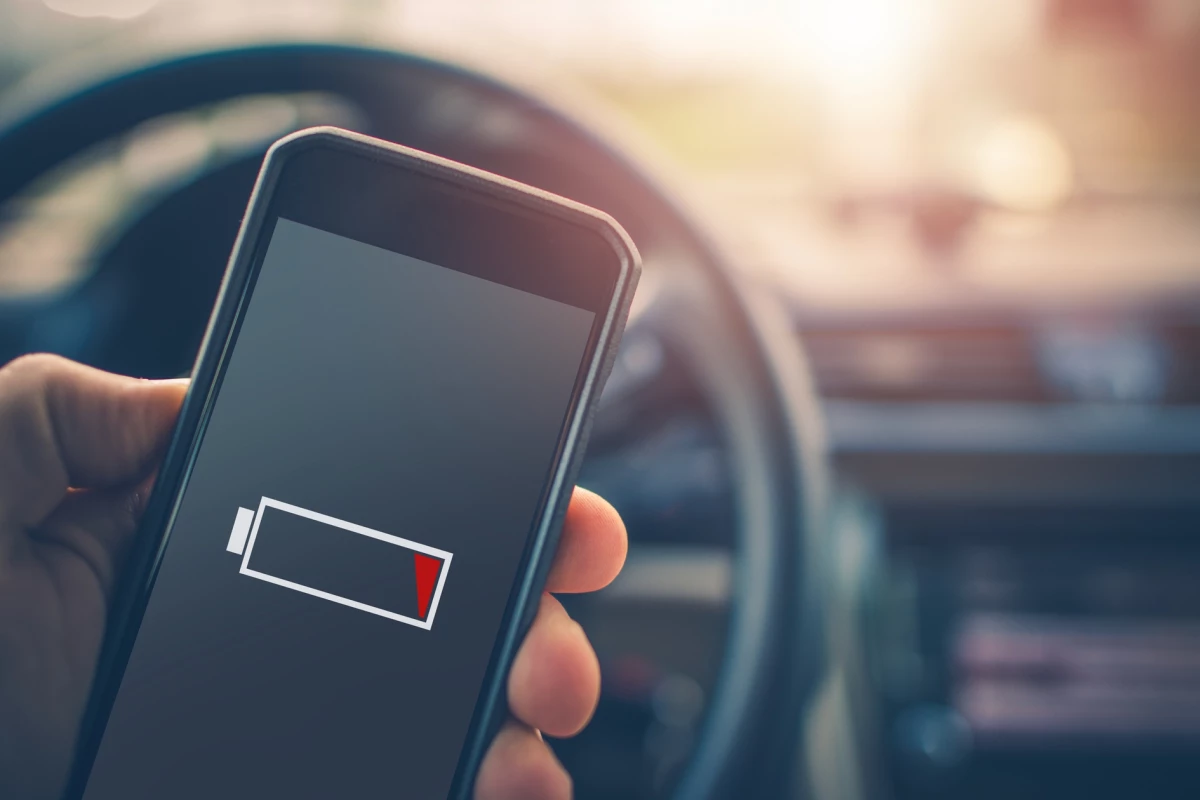It never fails … you go to use a device that should be fully charged, but its battery has gone flat over time. Such may soon no longer be the case, however, if battery manufacturers simply start using a different type of adhesive tape.
When commercial lithium-ion batteries are being assembled, polyethylene terephthalate (PET) tape is utilized to keep their electrode stacks from unwinding. And while the mechanical and electrical properties of the polymer are good for the job, scientists at Canada's Dalhousie University state that its chemical stability has been largely overlooked.
In tests performed by those researchers, it was found that when PET is exposed to dimethyl carbonate – which is one of the most commonly used electrolyte solvents in lithium-ion cells – it depolymerizes into its monomer molecule, dimethyl terephthalate.
The latter is "an unwanted redox shuttle," basically meaning that it slowly but steadily draws electrons out of the li-ion cell. As a result, the battery self-discharges even as the device that it's powering sits idle and unused.
After some experimentation, the scientists discovered that unlike PET, polypropylene remains stable in the presence of dimethyl carbonate. Testing subsequently showed that when commercially available polypropylene tape was used in place of PET in a li-ion battery, there was a 70% reduction in self-discharge along with up to a 10% increase in battery life.
The researchers state that making the switch to polypropylene tape should be a simple and easy process for battery manufacturers.
A paper on the study – which was led by PhD student Anu Adamson and Asst. Prof. Michael Metzger – was recently published in the journal Nature Materials.
Source: Dalhousie University




